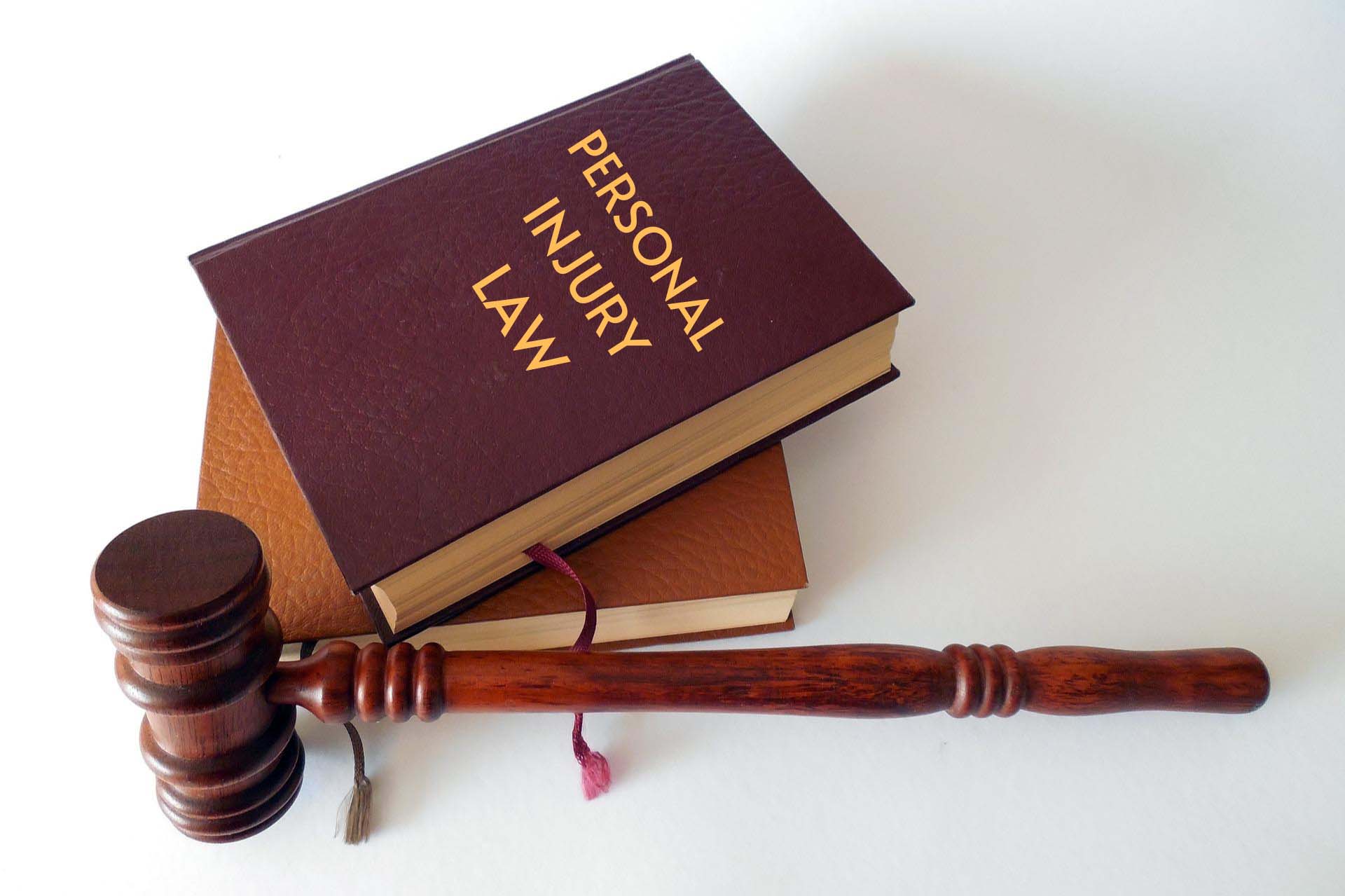The Guide to Determining Liability in a Personal Injury Case
After an accident, the injured person can seek compensation from the negligent person responsible for their losses, such as medical expenses, pain and suffering, and lost income.
However, liability should be proven against the entity or the individual responsible for the accident to move the case forward. Determining liability helps the victim secure fair compensation.
Keep in mind that proving liability in a personal injury case can be a complicated task if you don’t hire a lawyer. In this article, we discussed how lawyers would determine liability in a personal injury case, which could make the legal process easier.
Contents
What Is Liability?
Liability is a legal term that means obligation or responsibility. In a personal injury case, liability refers to the legal responsibility of the negligent party for the harm caused to another party. To prove liability, the injured party (the plaintiff) should prove that the other party (the defendant) was reckless or negligent in their inactions or actions and that this recklessness or negligence caused the plaintiff’s injuries.
In order to determine liability in a personal injury case, the victim should prove that the defendant was at fault, negligent, or involved in an intentional act that caused the injuries.
The four elements of liability should be proved in a personal injury case. These elements include:
- Duty of Care: The duty of care is the legal responsibility that a person or entity has to act with standard care to avoid causing harm to another person. The defendant owed a duty of care to the victim.
- Breach of Duty: Breach of duty occurs if the defendant fails to act with standard care and causes harm to the victim. The defendant breached their duty of care.
- Causation: The victim should prove that the actions or inactions of the defendant directly caused their injuries. The defendant’s breach of duty caused the victim’s injuries.
- Damages: Damages are the harm suffered by the victim, including physical injuries, medical expenses, lost income, and emotional distress. The victim suffered damages due to the defendant’s breach of duty.
How is Liability Determined in a Personal Injury Case: State Liability Laws
Some states in the US are no-fault states, and others are fault states. Regardless of who caused the accident, the victim will be compensated in no-fault states. Their own insurance firm will compensate them, so there is no need to prove liability. However, the compensation amount will be less.
Meanwhile, the victim should claim compensation from the at-fault party’s insurance agency in fault states. So, the first thing you must do in determining liability is understand the state liability laws. You need to know whether your state is a fault state or a no-fault state.
Evidence
Evidence is the most important part of your personal injury claim. Evidence in a personal injury case can refer to anything that demonstrates someone’s negligence in causing the injury or accident. This will help you prove someone else’s liability.
Moreover, you may be able to prove a personal injury case on the grounds of intent to harm, negligence, or strict liability.
To establish the liability of the defendant, you should need the following evidence:
- Crash reconstruction;
- Photographs;
- Police reports;
- Witnesses;
- Expert testimony;
- Medical records.
Above are some of the ways to determine liability in a personal injury case. It differs depending on the severity of the injury and the type of personal injury case. For instance, product liability cases have different standards than medical negligence cases. So, it is necessary to understand the several factors that can impact liability in a personal injury case.
Final Thoughts
Liability in a personal injury case is an important and complex issue that can affect the case’s outcome. Also, the amount of compensation that the victim may get depends on various factors, such as the severity and nature of the personal injuries, the negligence and conduct of the fault parties, and the rules and laws of the state where the personal injury case is filed.
So, it is highly recommended that the victim consult with an experienced personal injury attorney to help determine liability, contributing to fair compensation.

